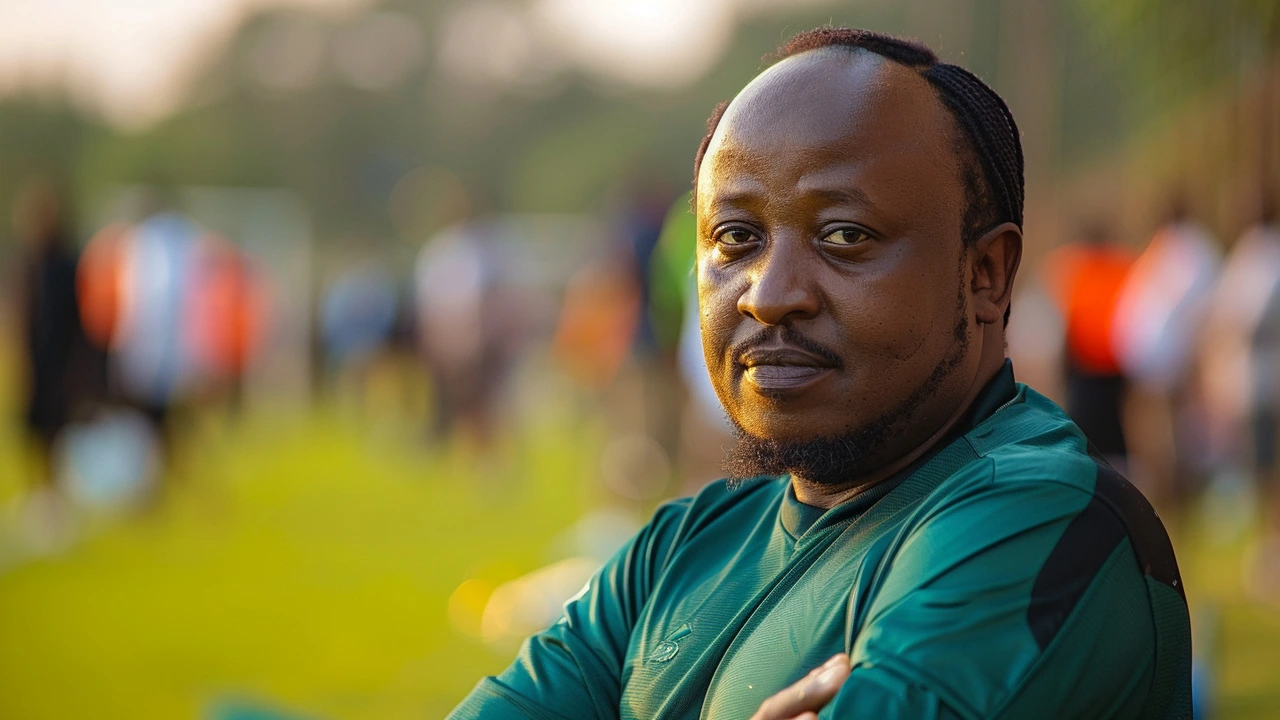Road accident: Practical steps to stay safe and protect your rights
Been in a road accident? Your head might be spinning, but a few calm moves now will keep you and others safer and protect any future claim. Start with safety, then record the facts while they’re fresh. Here’s a clear, no-nonsense checklist you can use right away.
What to do at the scene
First, check for injuries. If anyone is hurt, call emergency services immediately — in South Africa the police number is 10111 and you can use 112 from a mobile in many places. If it’s safe, switch off engines, turn on hazard lights and move vehicles out of traffic to reduce risk.
Give first aid if you can. Stop heavy bleeding with pressure, keep injured people still, and don’t move someone with a suspected neck or back injury unless they’re in immediate danger. Ask a bystander for help if needed.
Take photos from different angles: vehicle damage, the road, skid marks, nearby signs, and the exact position of the cars. Snap licence plates and any visible injuries. If you have a dashcam or nearby CCTV, note it — that footage can be crucial.
Exchange details with the other driver: full name, phone number, registration number, vehicle make and model, and insurance provider. Don’t admit fault or say anything that could be used against you later. A brief "I’m okay" or "Let’s record what happened" is enough.
Look for witnesses and get their names and contact details. Their statements often beat hazy memories later. If police arrive, give them a clear account and ask for an incident or case number — you’ll need that for claims and repairs.
After the scene: reporting, claims and recovery
Report the crash to your insurer as soon as possible. Many policies have tight time limits for reporting. Share photos, the police case number, witness contacts and any medical reports. Keep copies of everything: tow receipts, repair quotes, taxi or medical bills.
See a doctor even if you feel okay. Some injuries show up days later. Keep medical notes and receipts — they matter if you claim for treatment or lost earnings. Follow medical advice and don’t skip follow-up visits.
If the accident caused serious injury, consider legal advice. A lawyer can explain your rights, help gather evidence, and advise on compensation. For minor crashes you might manage with just your insurer, but get help if the other party’s insurer disputes fault.
Fixing your car: get an official repair estimate and check whether your insurer prefers approved garages. Keep all invoices and photos of repairs. If you’re offered an early settlement, read it carefully or ask advice — quick payouts can be lower than long-term costs.
Finally, look after yourself. Road accidents are stressful. Talk to family or a counsellor if you feel anxious or find it hard to sleep. Recovering calmly and following the steps above reduces risk and gives you the best chance to sort claims without surprises.
If you want a printable checklist or a short PDF you can keep in your glovebox, say the word and I’ll create one tailored to South African emergency numbers and insurance tips.
- May 10, 2024
- Comments 7
- Sports

